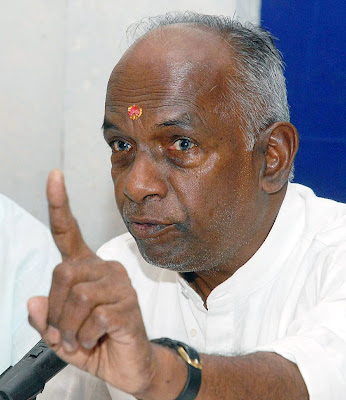Prosecute all who plotted false case against ISRO Scientist Nambi Narayanan

Editorial by Vivek Sinha In this era of mediocrity, excellence and passion are rare to find. If it does exist in an individual then s/he must be handled with care. Unfortunately, this was not the case with Nambi Narayanan, the former ISRO scientist. Narayanan was at the peak of his career during nineties, when he was maliciously implicated in a false espionage case, tortured in custody and his reputation ruined by planting fabricated stories of his sexual escapades with foreign women. Narayanan’s only fault was that he was passionate about his research at ISRO and was striving to make India a super power in Space Science. It’s not the fabricated false allegations against Narayanan that is surprising, what’s surprising is that it took twenty four years for him to get a clean chit from India’s Supreme Court. It is common knowledge that all those who are working on vital areas such as space sciences will be on the radar of foreign spy networks and could be targeted to derail India’s rese





